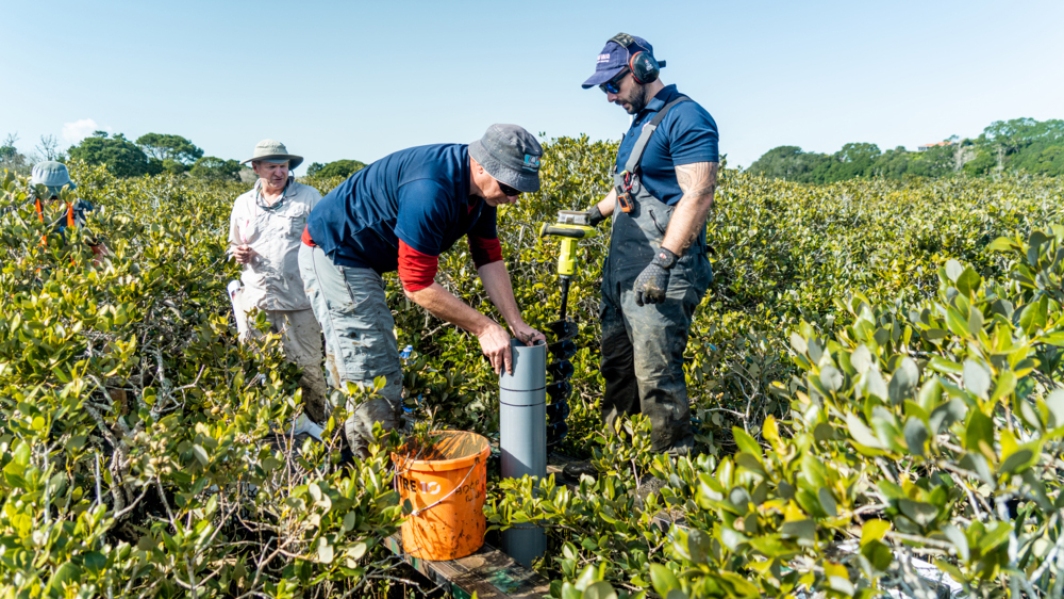-
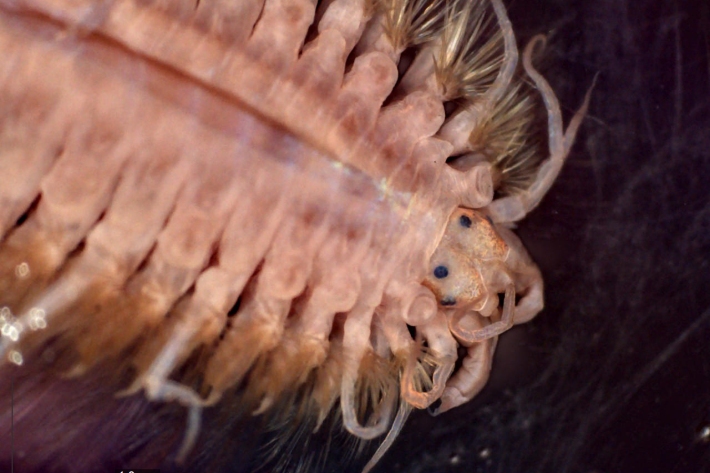
Survey provides snapshot of harbour’s health
News article10 May 2022Greater Wellington Regional Council regularly assess sediment quality and seafloor community health in the subtidal areas of Te Awarua-o-Porirua (Porirua Harbour) and Te Whanganui-a-Tara (Wellington Harbour). -
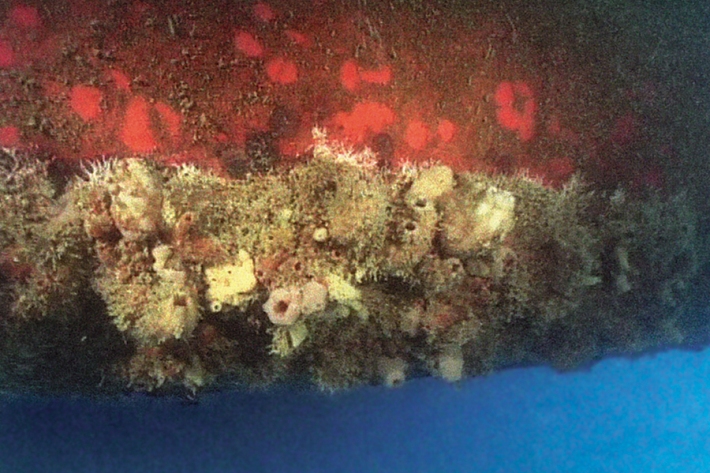
Guide explores the benefits of combating marine biofouling
News article10 May 2022NIWA is contributing to an international effort to help developing countries reduce the impact of biofouling on aquatic-based industries and environments. -
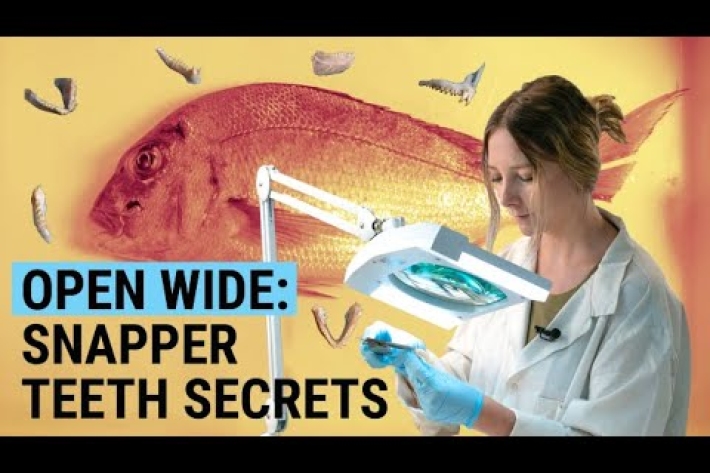
Open wide: snapper teeth secrets
NIWA and University of Auckland masters student Georgia Third is getting up close and personal with snapper guts and teeth to understand the differences between biologically distinct snapper populations in New Zealand. -

Voyage update - 29 April
Tangaroa is now 100 km south-west of Hunga Tonga - Hunga Ha’apai volcano (HT-HH), surveying in 2,440 m of water in the Lau Trough. -
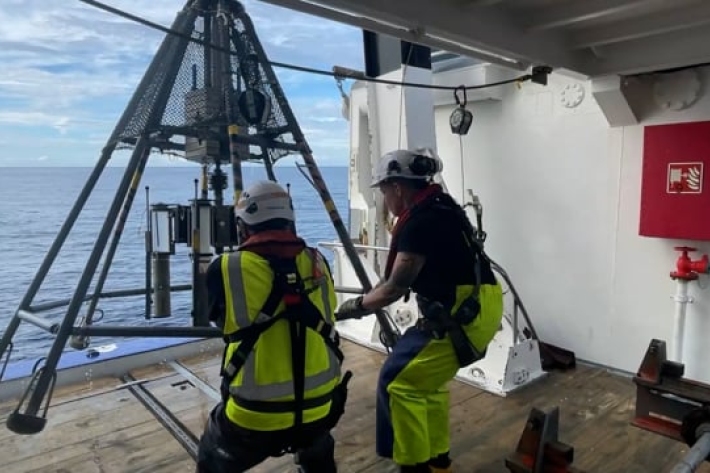
Hazards in the Tasman Sea
You’ll be blown away by what these women in science are up to onboard this RV Tangaroa voyage to the Tasman Sea. -
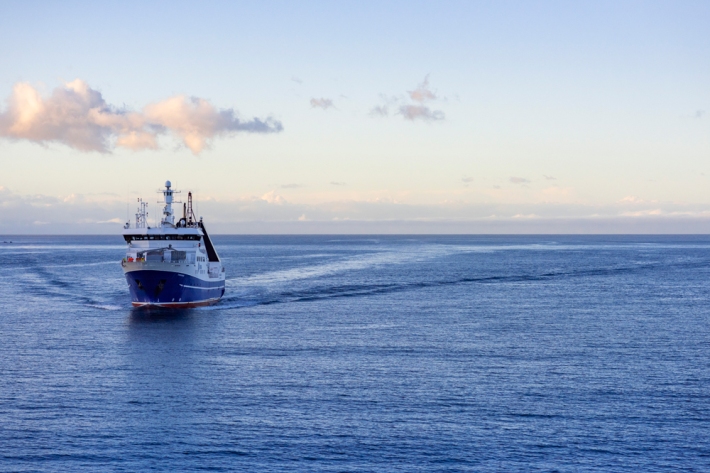
NIWA-Nippon Seabed Mapping Project a “rare opportunity” to study effects of Tonga eruption
Media release01 April 2022NIWA and The Nippon Foundation are undertaking a mission to discover the undersea impacts of the recent Tongan volcanic eruption. -
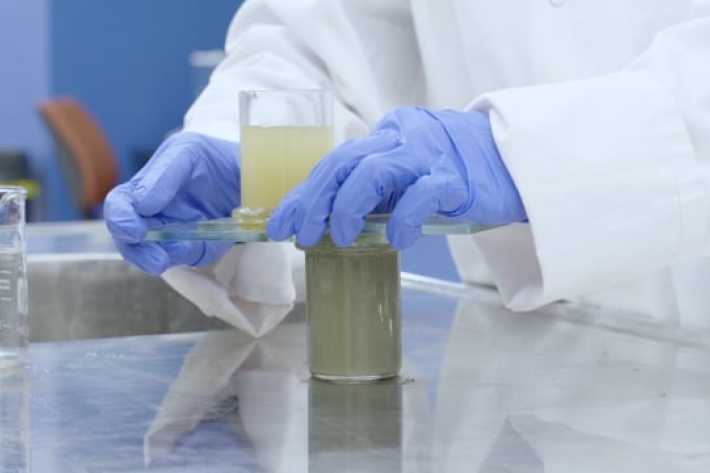
Microplastics: a deeper problem than we thought?
There is increasing global concern about the presence of plastic pollution in our oceans. -

A robot sea craft helps count fish
A six-metre-long autonomous vessel is equipped with artificial intelligence and a range of data gathering equipment, including a battery powered echosounder that can estimate the size of fish populations. -
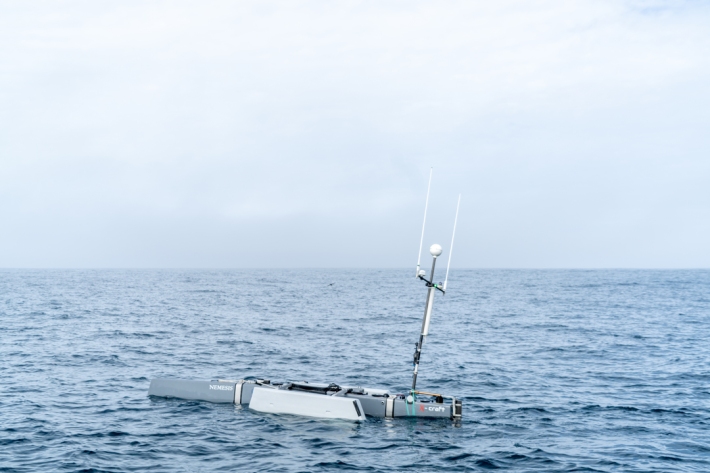
Cutting-edge AI sea craft helping scientists count fish
Media release21 February 2022A robot sea craft is the latest tool NIWA scientists are using to help them count fish. -
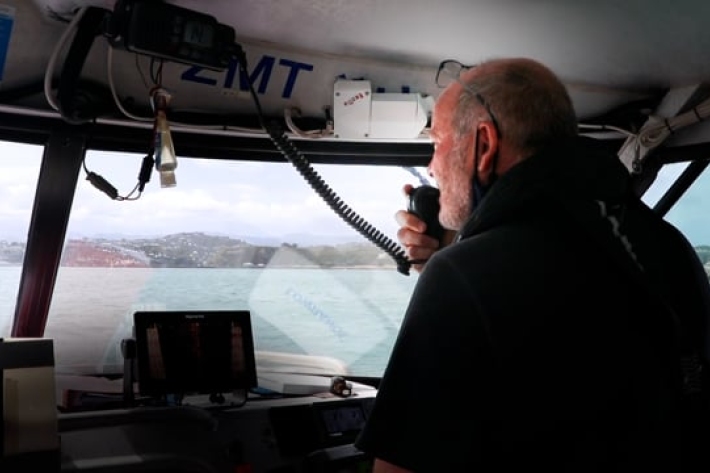
Mapping the oceans through citizen science
The Seabed 2030 South and West Pacific Ocean Data Center is one of four global Regional Centres, each being responsible for data gathering and mapping in their territory. -
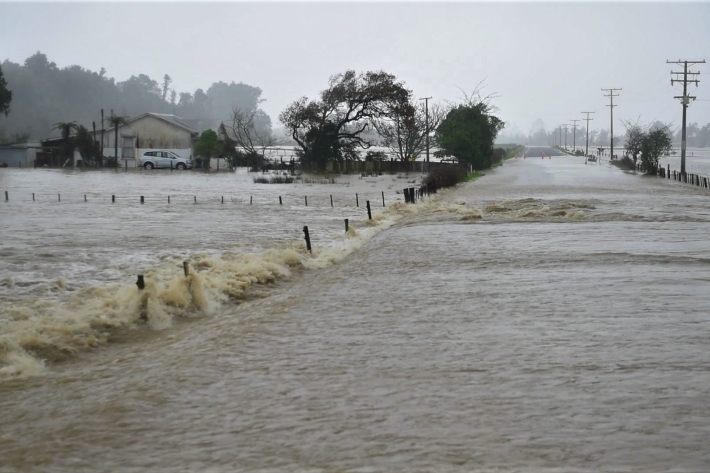
Public asked to help build national flood photo database
Media release15 February 2022NIWA is asking people in flood-affected areas to contribute photos to a national database to support understanding of flood hazard and flood risk. -
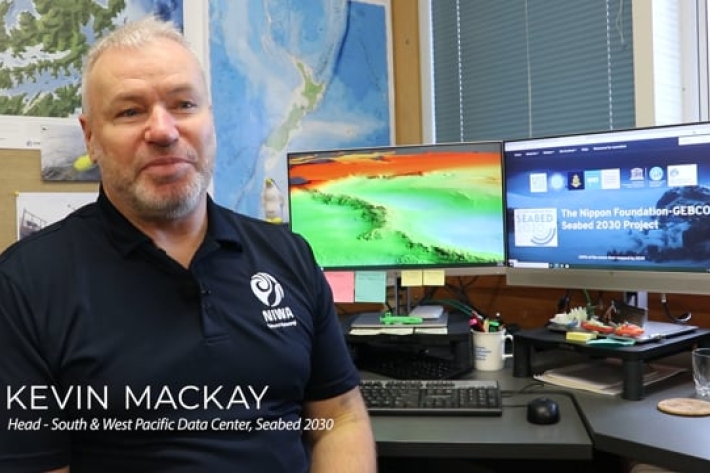
Seabed 2030
Did you know NIWA is leading a NZ partnership in a worldwide initiative to map the entire globe’s seafloor? Found out more about the Seabed 2030 initiative.

